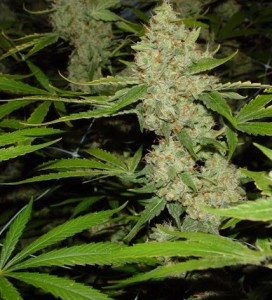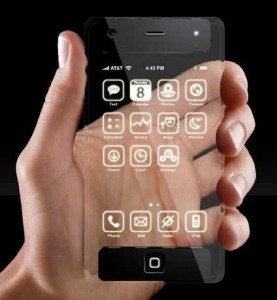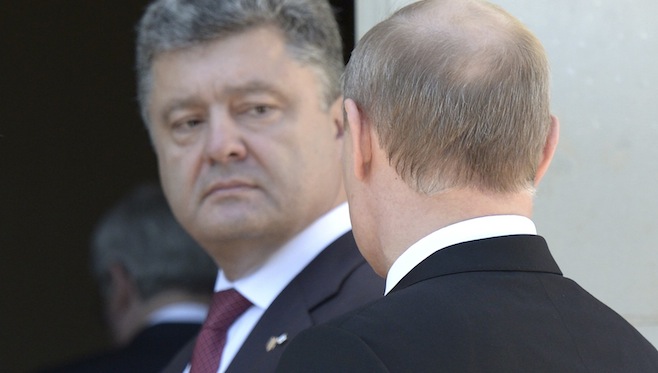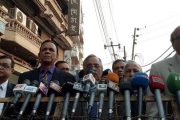 A UK-based power company plans to set up a solar panel manufacturing plant and a diesel-run power generator producing plant in Bangladesh to expand its business and help the country meet the soaring demand for energy, a top official said.
A UK-based power company plans to set up a solar panel manufacturing plant and a diesel-run power generator producing plant in Bangladesh to expand its business and help the country meet the soaring demand for energy, a top official said.
“My immediate plan is to do something quickly as Bangladesh is growing very fast and so the demand for solar energy products. I’m not going to wait,” said Steve Bandey, managing director of Transformers & Rectifiers Ltd (T&R).
“I would like to form joint partnership with local companies so that we can work together,” Bandey told The Daily Star in an interview in Dhaka.
“We believe we could probably achieve something in three to five years. We will work on phases. It is just how quickly we can utilise everything we already have.”
Set up in 1951, the T&R specialises in designing and manufacturing of custom-made power supplies ranging from 4 to 36 megawatt.
The company started manufacturing diesel-run generators in 1975 and made a foray into the solar energy sector after much analysis in 2010.
During his fifth visit to Dhaka, Bandey also met secretaries of the implementation monitoring and evaluation division, local government, planning, power and also the chairman of Bangladesh Power Development Board. Bandey also gave a presentation for engineers at the Dhaka City Corporation about his plan.
“I have received very positive response from them. The officials have showed eagerness. They were very positive. They want to support me. It will definitely help me move forward,” he said. “I think it could be very good for Bangladesh because it will offer employment.”
“I recognise the need for power here and it is very urgent. So I want my company to start manufacturing solar panel here as such panel would be very important for the country’s future power generation. I also like to bring in diesel generators to Bangladesh.”
Bandey said solar power has become a reality for Bangladesh, as half of its population is still out of the electricity network.
“With the investment and hopefully in shared partnership, I would like to set up solar plants with a capacity of 50 megawatt. That is our long-term plan. Once completed, the plant will last over for 30 years.”
He said solar panel could be very useful in areas where there is no electricity supply. “We want to see this panel is used by local households and businesses.”
Bandey is also bullish about the country’s investment climate. “I am here for the fifth time this time. But I can see a lot of positive change now. So far I have faced no obstacle. It is very pleasant feeling.”
He said he chose Bangladesh as the base of his company’s next industrial initiative, as the country is full of talented engineers. “I believe there are a lot of talent engineers in Bangladesh, who need a bit of help and confidence. I believe we can have a very, very good manufacturing unit here. I want to tap their talents.”
He said some of Bangladesh’s textile factories and even military establishment have bought generators from his company.
T&R has presence in Asia, Africa and Latin America. “We used to be the biggest company in Africa. But the Chinese have flooded the continent with cheaper products. I do not want to compromise with the quality.”
“So, I am moving to other emerging markets, where quality products will be sold well. I will transfer technology and knowledge and use the talent of the host country,” said Bandey.
The British electrical and mechanical engineer said the prices of the final products would be much cheaper compared to other neighbouring countries, as the products will be manufactured locally.
He plans to set up five solar energy-run power plants, with capacity of 50 megawatt each in the next three to five years.
Bandey said in the next five years the price of a single unit solar energy would to equal to that of conventional energy. “The country will require more solar panel at that time, as the country’s stock of gas will deplete and imports of hundreds and thousands tonnes of oil will be challenging.”
He said although he plans to work in Bangladesh, he personally has not set any target. “As long as I get support from the government I will continue to work in Bangladesh.”
He also denied giving any figure about his investment plan. “It will depend on how much I am allowed to invest.”
Bandey also said Bangladesh’s clients should not worry about the cost of solar system. “The initial cost is higher and it is expensive too. But in the long run it will be hugely beneficial.”
“Bangladesh has much sunshine as anywhere in the world. We believe with fossil fuel running out, power will be more expensive by the day. As the technology moves on, the solar panel will be cheaper and a lot more economical.”
The T&R top official also plans to introduce windmills in the country’s coastal areas. “Bangladesh will benefit hugely if it can set up windmill in its about 70 kilometre of coastal areas alongside the solar system.”
“In the coastal areas and Chittgong, wind power could be very effective especially in certain times of the year. The problem with wind power it is not reliable as solar.”
“Like solar, wind power could be very, very useful. If we combine the two, especially in the coastal areas, we believe Bangladesh will benefit much.”
Bandey also plans to introduce solar irrigation pump to slash farmers’ dependency on the grid network or heavily subsidised diesel.
He said Bangladesh would be able to save tens of thousands of pounds if the company manufactures equipment in the country.
“Solar panels are a long-term project. I want to manufacture solar for irrigation.”
Bandey said his company is ready to start working in Bangladesh. “I hope we can start something this year. If we become successful in our first operation, we will do more.”
T&R high-up shares his views on solar power and the company’s future plan with The Daily Star
by : Md Fazlur Rahman





































